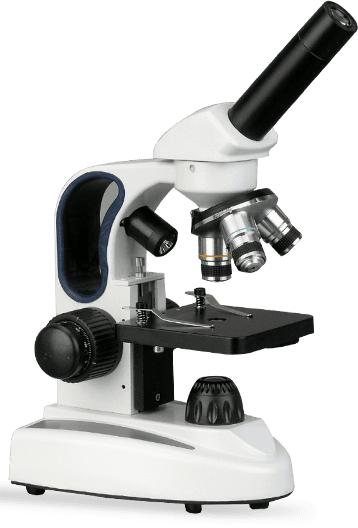
Über uns
Ihr Portal für Genetik und Erbkrankheiten
Willkommen bei Gene.ch ! Unser Ziel ist es, umfassende Informationen und Dienstleistungen im Bereich der Genetik und Erbkrankheiten bereitzustellen. Unser Team aus Experten bietet Ihnen fundierte Einblicke und Unterstützung, um Ihre genetischen Fragen zu beantworten und Lösungen anzubieten.
- 100% Zufriedenheitsgarantie
- Kostenlose Bewertung Ihres Projekts
- Einfache Buchung & schnelle Kommunikation
Services
Unsere Dienstleistungen
{"cpt":"service","style":"5","columns":"3","show":9,"order":"DESC","orderby":"DESC"}
Warum uns wählen?
Erfahren Sie, warum wir die Besten sind
Erfahrenes Team
Unsere Spezialisten verfügen über langjährige Erfahrung im Bereich Genetik.
Kundenzufriedenheit
Unsere Kunden stehen im Mittelpunkt. Ihre Zufriedenheit ist unsere Priorität!
Zertifizierte Labore
Wir arbeiten mit den besten Laboren, die höchste Standards erfüllen.
Preise & Auszeichnungen
Unsere Labors sind mehrfach prämiert.

10 +
Spezialisierte Zentren
in über 10 Staaten
2 k
Sammelstellen für Proben
818
Analysen im letzten Jahr
112 +
Zertifizierte Labore weltweit
Bewertungen
Rückmeldungen von Kunden
700 +
zufriedene Nutzer in aller Welt
{"cpt":"testimonial","style":"2","columns":"1","show":3,"order":"DESC","orderby":"DESC"}

Thomas Wessels
F & E
Das Team von Gene.ch hat mir bei meinen genetischen Tests hervorragend geholfen.

Laura Momoa
CEO & Founder
Die Beratung war sehr kompetent und hilfreich. Ich konnte meine Fragen schnell klären.

{"cpt":"blog","style":"3","columns":"3","show":9,"order":"DESC","orderby":"rand"}







